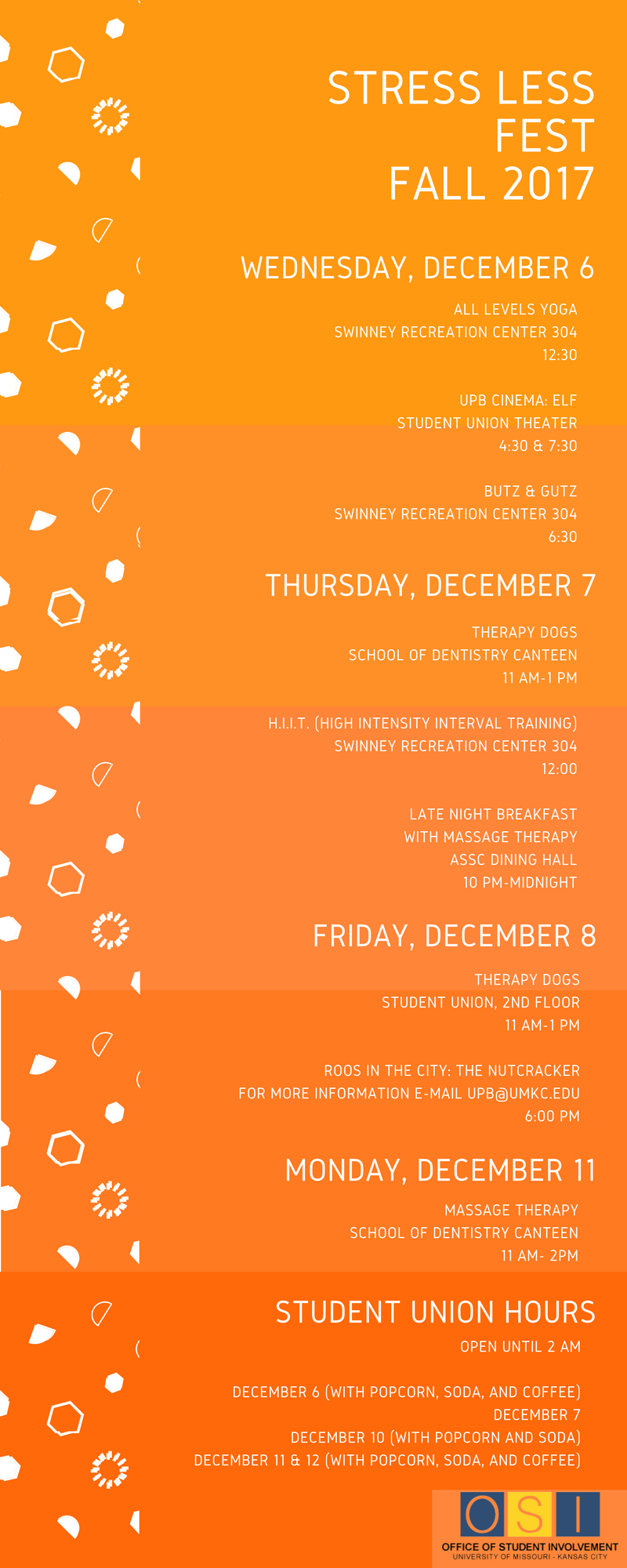Social Justice Mediation Workshop for Students, Jan 12-14, 2018
The UM System Office for Diversity, Equity and Inclusion is sponsoring a three-day training program with the Social Justice Mediation Institute specifically for students. The concepts and skills acquired through this workshop are particularly applicable for those already responsible for conflict resolution, such as residential life staff, judicial board members, and those involved in managing other dispute resolution processes. Please share this with any interested students.
Understanding Conflict from a Social Justice Perspective: Workshop for Students
- Date: January 12-14, 2018
- Time: 9:00 a.m. – 5:00 p.m.
- Location: MU Student Center, Room 2205A (911 E Rollins St., Columbia, MO)
- Cost: Costs associated with the training will be covered by the UM System Office of Diversity, Equity and Inclusion. Individuals (or sponsoring departments) are responsible for any costs associated with participants’ travel, housing accommodations, and food.
- Applications due: December 15, 2017
Training overview
This three-day training is designed for and open to all students at the University of Missouri-Columbia (MU), University of Missouri-Kansas City (UMKC), Missouri University of Science and Technology (Missouri S&T) and University of Missouri-St. Louis (UMSL). Participants will explore the impact of social identity and power on conflict and learn a social justice approach to understanding conflict narratives relevant to a variety of roles in campus life. The focus of the training is on critically examining the typical ways in which conflict is handled that often results in perpetuating inequality and making resolution more difficult despite the best of intentions.
Trainees are expected to participate for the full three days (9:00 a.m. – 5:00 p.m.) and will receive a certificate upon completion.
Benefits of participation
The training prepares participants to gather and understand conflict narratives, using skills which can help them perform their roles as leaders more effectively. The concepts and skills acquired through this workshop are particularly applicable for those already responsible for conflict resolution such as residential life staff, judicial board members and those involved in managing other dispute resolution processes. They also will serve as useful life-long tools for future leaders in our communities.
The training is offered through a variety of methods to address different learning styles: lecturettes, interactive activities, role-play demonstration, visuals, small and large group discussions, and skills practice activities. Clips of an actual mediation session are utilized for analysis and discussion.
Apply
To apply for the upcoming Social Justice Mediation Training, please complete the online application.


